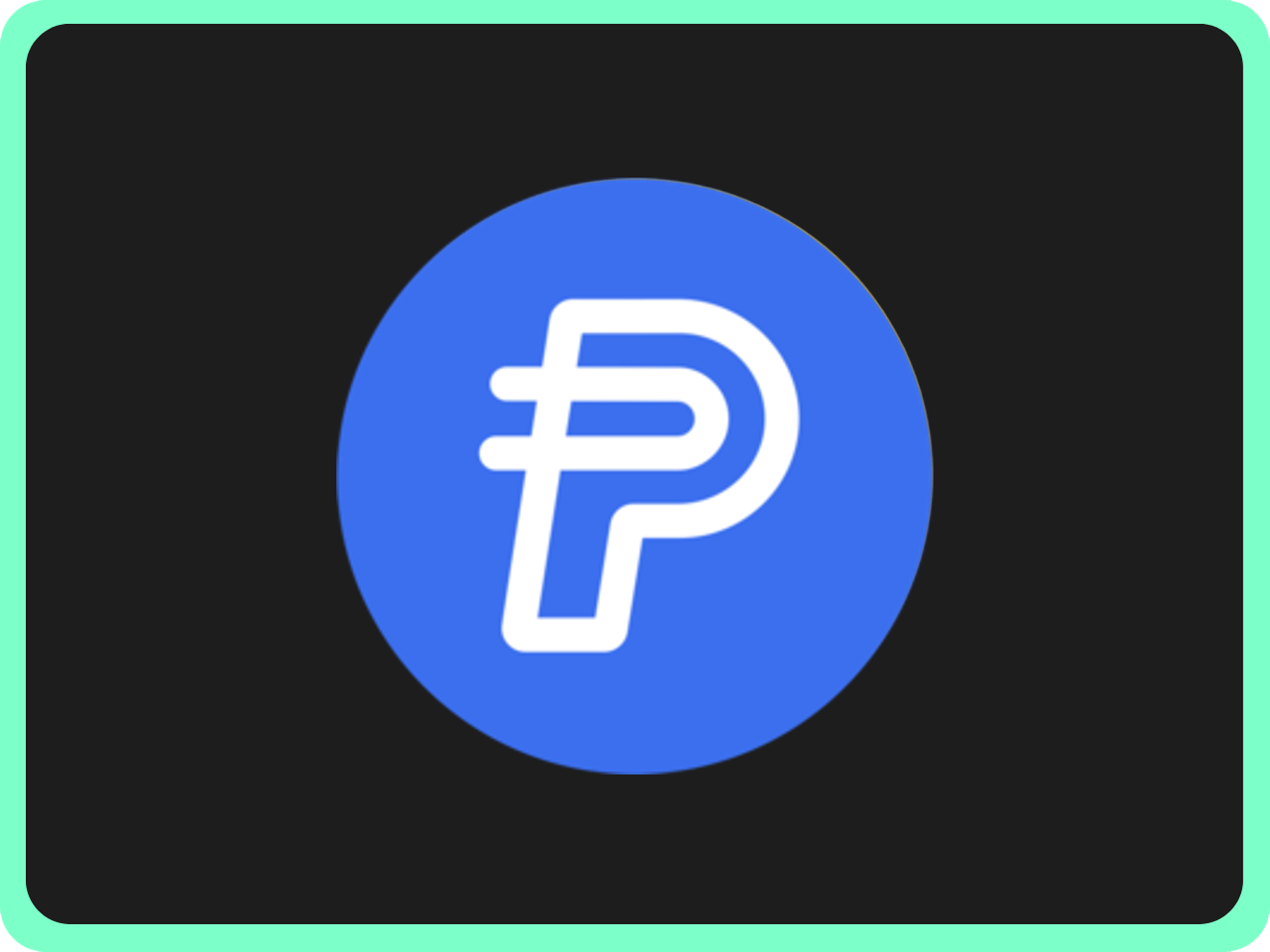PayPal Holdings Inc. has unveiled a significant development in the digital currency sphere with the launch of its own stablecoin, PayPal USD (PYUSD). Marking the first stablecoin issued by a major financial company, PYUSD is backed by U.S. dollar deposits, Treasury bills, and similar liquid assets, ensuring its stability. This strategic move could facilitate the wider acceptance and usage of digital currencies in everyday transactions, representing a crucial step towards bridging the gap between traditional fiat currency and digital assets.
PayPal Holdings Inc. has taken a giant leap forward in the digital currency landscape with the introduction of its own stablecoin, known as PayPal USD (PYUSD). This marks a significant milestone in the transition toward the democratization of cryptocurrency payments, particularly in consumer transactions.
A Bold Move by PayPal
The launch of PYUSD is an innovative and courageous move by PayPal, representing the first stablecoin issued by a major financial corporation. This step could potentially speed up the still sluggish acceptance of digital tokens for everyday payments, bridging the gap between traditional fiat currency and digital assets.
PYUSD: Features and Characteristics
Headquartered in San Jose, California, PayPal has entrusted the issuance of PYUSD to Paxos Trust Co. This ensures that the stablecoin is fully backed by U.S. dollar deposits, short-term Treasury bills, and similar liquid assets. As it’s pegged to the dollar, PYUSD offers the consistency and trustworthiness necessary to connect conventional currency and digital money.
The issuance process of PYUSD is backed by stringent financial instruments that reflect the value of the U.S. dollar. This provides a stable foundation for the digital coin, guaranteeing its reliability in the fast-moving digital economy.
The Rollout of PYUSD
PYUSD is being rolled out gradually to PayPal customers in the United States, paving the way for a broader acceptance and usage of digital currencies in daily transactions. The introduction of PYUSD can be seen as a strategic move to enable smoother and more accessible transitions between traditional and digital financial ecosystems.
This initiative by PayPal may have a far-reaching impact on the ways consumers engage with digital currencies, potentially making them a more integrated part of regular financial activities.
Conclusion
PayPal’s introduction of its stablecoin, PYUSD, is a notable development in the cryptocurrency space. By connecting traditional and digital monetary systems, PYUSD could play a vital role in the greater adoption of cryptocurrencies in the mainstream market. The partnership with Paxos Trust Co and the full backing with U.S. dollar assets makes PYUSD a reliable and potentially transformative digital currency option. The gradual deployment to U.S. customers is a deliberate step towards fostering a broader embrace of digital currencies, making it an exciting time for both PayPal and the evolving world of digital finance.

